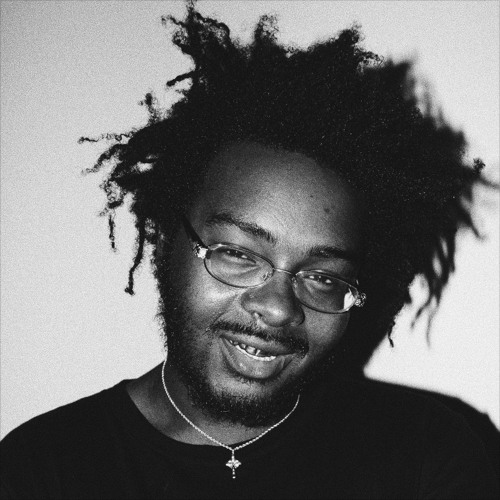
Teddy Walton
Over two years ago, the Memphis Flyer turned a spotlight on “Memphis’ Hip Hop Renaissance,” and, by way of mentioning this town’s unrecognized talent, we noted the success of young producer Teddy Walton.
By then, he’d already gained considerable traction, beginning with his work for ASAP Rocky in 2015. In 2017, he produced “Love” for Kendrick Lamar, and more tracks for the Pulitzer-Prize-winner on Black Panther: The Album in 2018.
He’s gone from success to success, working with artists such as Drake, Travis Scott, Post Malone, Nipsey Hussle, Future, Bryson Tiller and Chris Brown. Even 2020, the cursed year, has been kind to him, with “No Love,” created with Young Dolph, being released in July. The track is the first single from Walton’s upcoming album, Mental Health.
Producer Teddy Walton Featured in Forbes Magazine
So, it makes sense that his ascension has attracted the attention of the national media. This week, Forbes published one of the most in-depth features on the producer to date. “How Teddy Walton Became One Of Hip-Hop’s Most Savvy Independent Producers,” by Ogden Payne, focuses on Walton’s Memphis roots and how well the producer has managed his success thus far.
Walton promoted the article on his Twitter account, @teddywalton, posting a screenshot of the following passage with the words, “This is my favorite. Read close.”
Betting on himself has served him well thus far. According to his team, Walton owns 100 percent of his publishing rights and once turned down a $2 million deal to retain ownership of his compositions. The late Nipsey Hussle, who was heralded for his independent stance during his career, was also impressed with Walton’s approach to music.
“‘You can’t stand out trying to fit in,’” Hussle told Walton.
He created his debut album, Mental Health, with the same independent mindset. With just the support of producer Aaron Bow, Walton shouldered the burden of architecting his album top to bottom. He didn’t rely on labels or A&Rs to help him secure features; instead he trusted in the tight relationships he’s built directly with artists to this point.